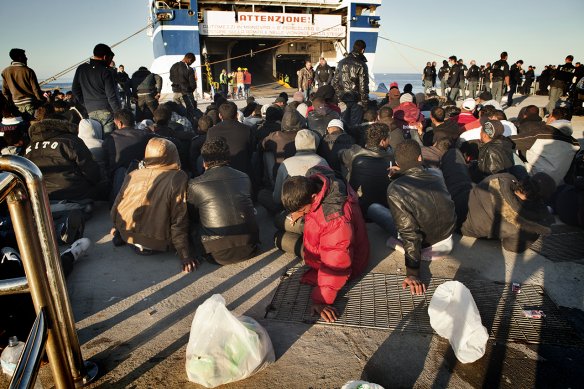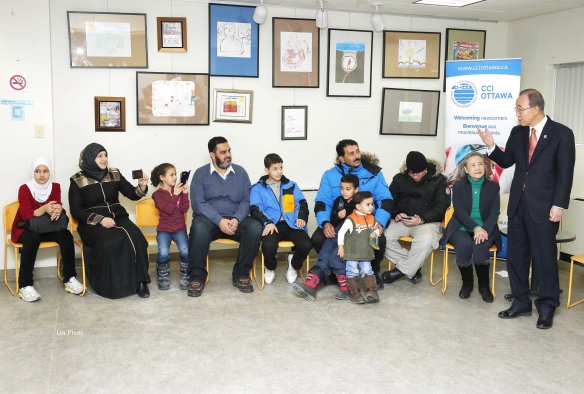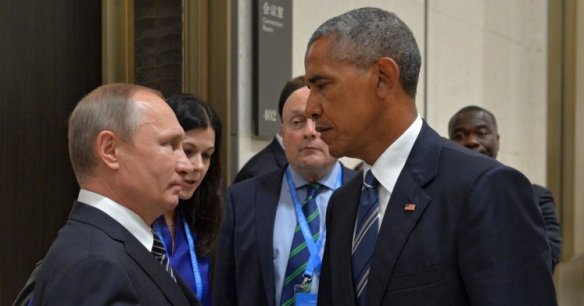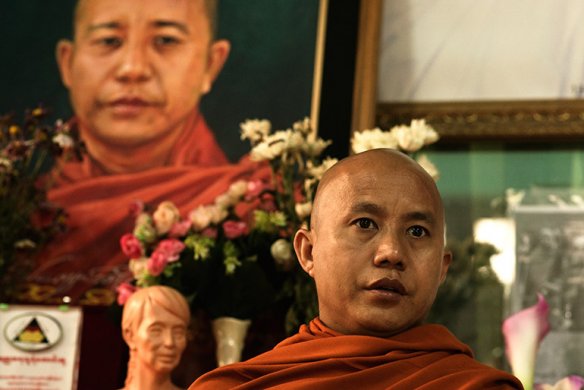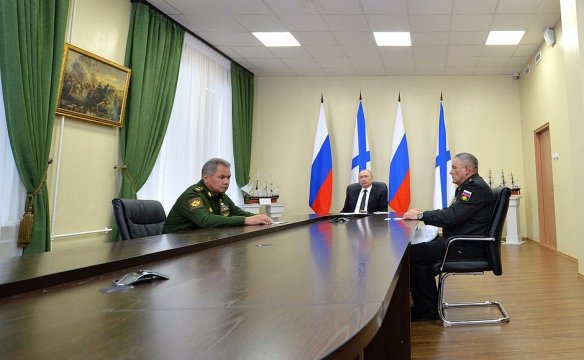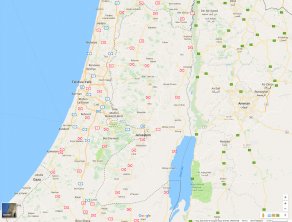
Norway has borne «its share of responsibility», Grete Faremo said i 2010. She was Defence Minister in the period when politcal rethoric chaged from helping Afghanistan to making the Afghans help themselves.
Photo: Torbjørn Kjøsvold/Norwegian Defence
From “the pre-emptive defence of Norway”, to “conflict resolution and peace”, even in the event of “war-like actions”, Norwegian politicians have adapted their rhetoric on Afghanistan as required by circumstances and public opinion.
From day one, the Norwegian government has been enthusiastic in its support of intervention in Afghanistan. But over the years many different reasons have been put forward to justify Norwegian involvement. If one considers the period from 2001 to the present day as a whole, the only phrase that has remained set in stone is “a clear UN mandate”. Apart from that, it is possible to identify changes in the reasons put forward to justify Norway’s military presence in Afghanistan.Read More
